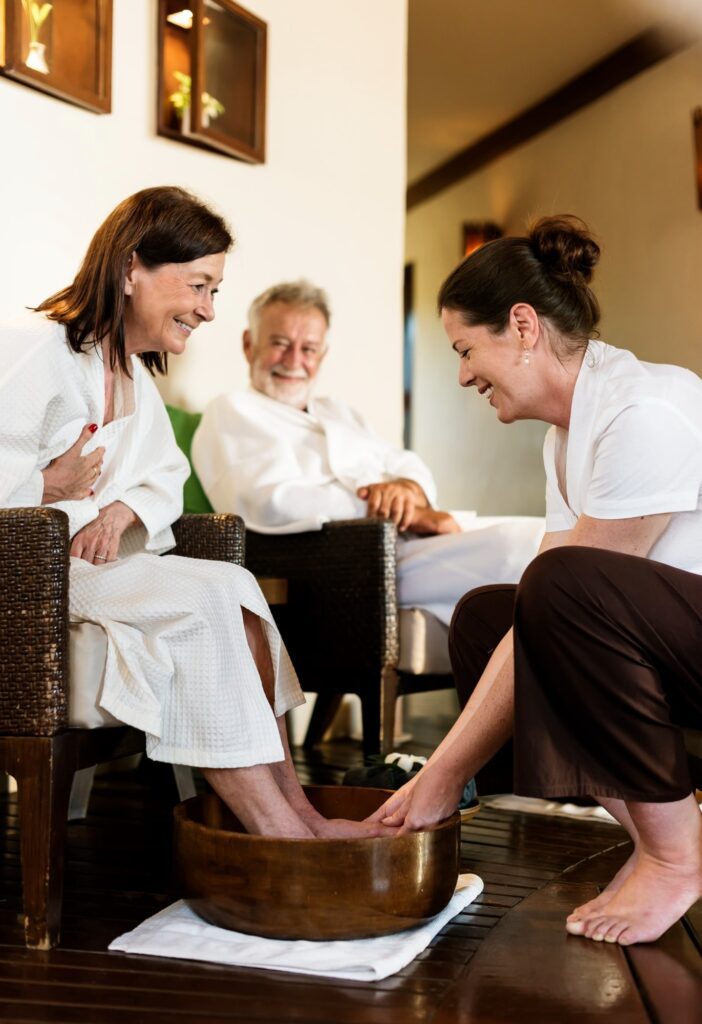- Services

We support with
- Condition-led care
- Children’s Care
- Locations
- About Us
- Why Choose Welcare?
- Contact Us
Get Our Services, It’s Affordable Saves Time & Money.

A transient ischemic attack (TIA), often known as a stroke, can drastically alter a person’s life. We are assisting families nationwide in getting the support they require in the setting where they feel the most at ease, self-assured, and autonomous by offering care at home.
Our stroke aftercare is specifically designed to address the effects of your stroke and is centred on assisting you and your loved ones in getting back on your feet.

Relearning skills and adjusting to physical constraints can be facilitated by living at home, which helps expedite the recovery process following a stroke.
You will be allowed to carry out your daily activities, duties, and routines to the degree that you choose with the assistance of your own personal carer.
Get all the extra attention you need without leaving the comforts, sights, and settings of your own home.
Being supported at home means that your care plan will be completely customised to meet your unique support needs, regardless of whether you choose live-in or visitation care.
If you choose Welcare's stroke aftercare at home, you can have a personal carer provide you with devoted one-on-one attention.
Moving to a residential care home is typically the alternative to receiving care at home, which entails going through the stress and strain of relocating.

Welcare is incredibly proud of its amazing carers. We only appoint the kindest and most committed carers to our care teams across the nation, which explains why they are genuinely great at what they do.
All Welcare carers receive extensive, best-in-class training to enable them to provide compassionate, high-quality stroke care to individuals with varying degrees of support needs.
The effect of a stroke on {loved ones} emotionallyThe emotionally taxing aftermath of a stroke frequently affects friends and family, necessitating help for them as well. This is especially true for those who are caring for someone else or for people who are living with a stroke victim.
In these situations, it’s critical to make sure that the right arrangements are in place to offer anyone in need of emotional support emotional support. We treat stroke patients holistically and flexibly so that we can provide care for the entire family.


The benefit of selecting Welcare for your home care needs is that your local care specialist will collaborate closely with your family, the hospital, district nurse, general practitioner, and other healthcare providers to create a stroke care plan that meets your requirements.
Making sure you have an aftercare plan in place that is totally centred around your needs, routines, and lifestyle is our first priority. You will also have the option to select a carer who shares your interests in hobbies and pastimes.

Your carer can assist you with verbal exercises prescribed by a speech and language therapist if you are having trouble speaking.

Our carers are qualified to offer physiotherapy activities to support your physical rehabilitation and mobility.

Your carer can assist with almost any task, including vacuuming the stairs, cleaning the bathroom, and organising the living room.

Our carers are able to offer discrete and respectful personal care services, including dressing, toileting, bathing, and continence care.

Every Welcare carer has received extensive training in mobility support, enabling them to assist you with both inside and outside of your home.

Your caretaker can make your favourite meals and snacks and make sure you have all the nutrition you require.

Home care has changed my life. Before, I had no hope and had given up on life; now I wake up with a purpose, full of plans for the day ahead.
Richard.
After a stroke, caring for a loved one might include a rapid learning curve. Although each stroke patient has specific care requirements, the ultimate goal is to help your loved one recover as much as possible. To make sure you can continue to provide your loved one with the proper degree of care, consider the following actions:


Visiting care entails brief, weekly phone calls to make sure your loved one is receiving the assistance and specialised dementia care needed to manage their illness.
Your loved one's visiting care can be arranged to fit their habits and schedules, with care visits beginning as low as thirty minutes each week.
It will be advantageous for your loved one to receive support that is completely customised to their unique needs and preferences.
The carer who comes to visit your loved one will actively assist them in managing their dementia symptoms.

With live-in care, a professionally trained live-in carer visits your loved one in their home to offer daily, individualised care. A live-in carer provides ongoing support.
A live-in companion provides constant assistance and a sympathetic ear at all times.
A live-in carer will enable your loved one to get the most out of life and continue doing the things they really enjoy
We know that having a carer move into their home is a big step for your loved one to take, which is why we'll help them find someone who shares their interests and personality
Stroke patients can receive the same thorough and compassionate care in the comfort of their own homes as they would anyplace else after being released from the hospital.
It might be difficult to care for a loved one who has had a stroke, but it is feasible to do so by implementing strategies including promoting daily rehabilitation activities, collaborating with social workers and occupational therapists, making home adjustments, and providing pharmaceutical support.